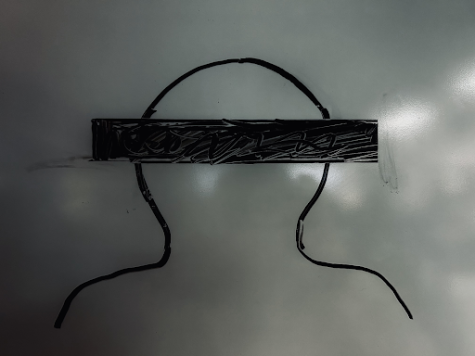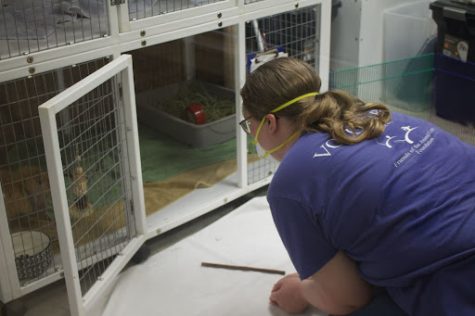Censorship, What Has Been Really Happening?
February 7, 2023
Censorship. It’s all over the media and you have likely heard or seen it happening, but why so frequently? Why are these recent strides in media so important? These are the questions many have been asking. According to the Oxford dictionary censorship is; “the suppression or prohibition of any parts of books, films, news, etc. that are considered obscene, politically unacceptable or a threat to security”. This definition poses an often missed fact of it’s only politically unacceptable, obscene, or a threat to security that makes something fall under being censored. This often is not followed when the media has “censored” something and done for ulterior motives causing many to encounter “censorship” when in reality it’s a cover up for. These motives are hidden behind purposeful withholding of information/telling half the truth, “justice” censoring, and just completely lying about how their censoring system works.
It’s more common for people to lie telling the half-truth of reality, which stays true for companies’ reasons for censoring the media. A recent example of this is Youtube’s January policy change to the profanity of not allowing any profanities to be said within the first fifteen seconds.
This alone wouldn’t be a big deal if it didn’t affect hundreds of thousands of videos from the past. Youtube’s reasoning for these changes were to make “certain kinds of content more advertiser-friendly”. This is a half-truth in the fact they have made efforts to make Youtube an overall safer space for all sorts of people, but it is likely mainly done because that type of content makes Youtube more money.

After weeks of complaints from the community, the Youtube team responded to the issue and stated “We are in the process of making some adjustments” being unclear and uncommunicative with their creators. The lack of communication here provides insight that Youtube doesn’t care for their creators particularly and will take weeks before they get support. This makes an interesting argument of if youtube can’t even support its creators, how are we supposed to believe they care about the safety for the future of online content?
“Justice censoring” to be more specific is censoring done to morally justify a problem even though just censoring the problem doesn’t always solve it. This sort of censoring is fairly rare, but an excellent example is the Will Smith slap last year at the Oscars Awards. Will Smith, during the Oscar Awards walked on stage and slapped Chris Rock in front of a live audience of thousands causing a big disruption. To “Justify” this unprofessionalism the actions that were broadcasted in front of thousands the Oscar Awards made quick haste to censor everything that was said between Will Smith and Chris Rock before the broadcast caught up to the live events. This time they decided not to cut out the slap itself. This proves this wasn’t done out of a responsibility to keep the show professional and likely was just to keep the monetization or money of the broadcast.
Furthermore, this suggests that it was done purposefully to get more attention and money for the Oscar Awards. Not until several days after complaints of the display on the broadcast did they punish Will Smith for his actions making it clear the Oscar Awards thought they could justify the events by censoring what was said and sweep everything else under the rug.
The last popular way to censor the media is likely why you have heard it talked about so much is because of Twitter. Nowadays Twitter is completely censorless. Before its updated policies it was infamous for openly lying about how it handles the media on its platform. Twitter had claimed many things about how censorship works by saying “Simply put, we don’t shadow ban! Ever. We do rank tweets to make a more relevant experience for you..” followed by immediate contradiction in saying “We might, however, keep a Tweet that has violated our rules available behind a notice and limit engagement when we think it’s of public interest to do so”. These quotes demonstrate how Twitter is trying to cover up and lie about how its censorship system works.
Twitter’s statement of “we don’t shadow ban” followed by explaining how they do shadowban when something has violated their rules wouldn’t be a problem if the notice they promised was present. Twitter is predominantly slow, uncommunicative, and indecisive making it often where people’s Twitter are shadowbanned without them knowing why or how to fix it. What’s more is these shadowbans and bans very frequently are overturned begging questions for whether they are being truthful or not about their unusage of bots to directly ban as well.
Why is censorship so common? Why is censorship so important? In conclusion from these findings, censoring motives are hidden behind lies, half-truths, and “justice” Censoring and not really for the safety of people. All these things are important because this is the new world our future generations are going to grow up in and it’s even more important that they know why these actions aren’t for naive reasons.









